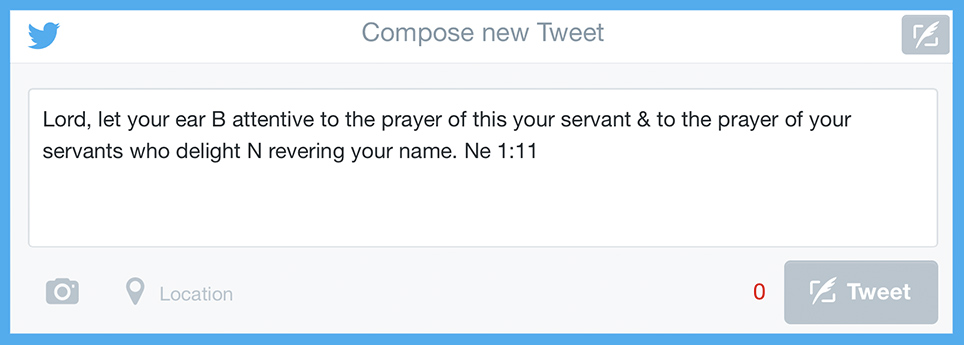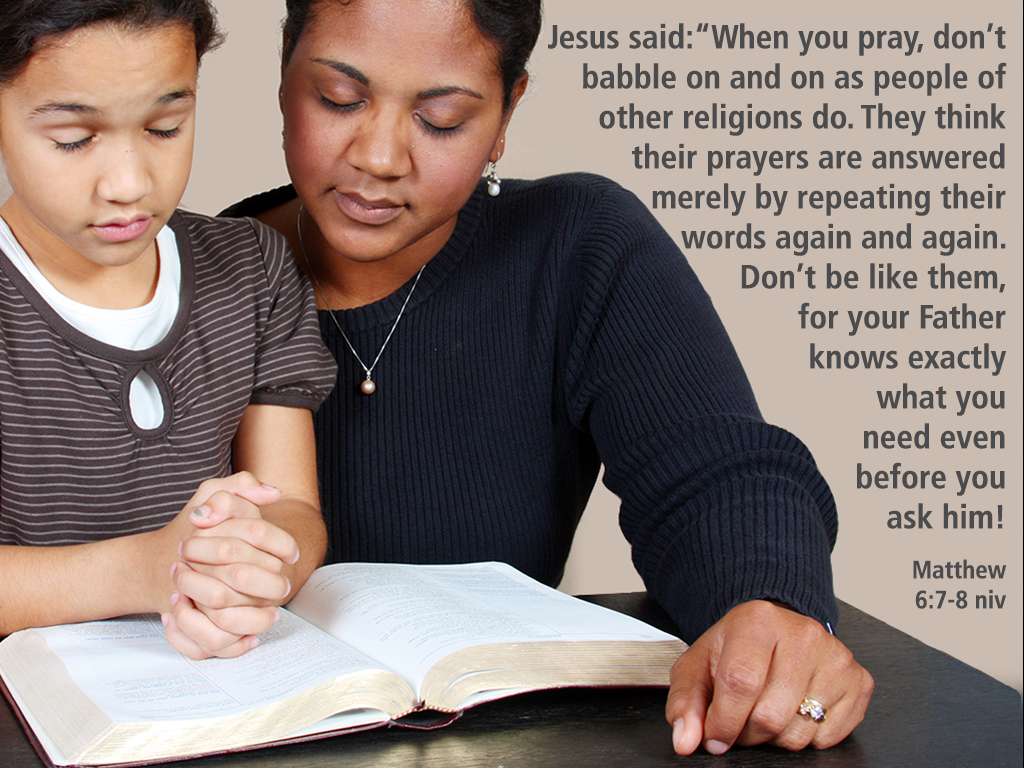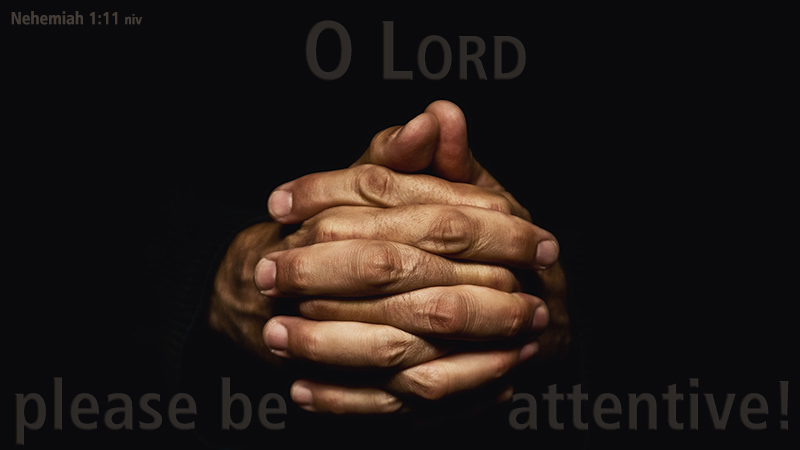"Dad, how about one of your drive-by prayers?" We were in a packed Chuy's ready to dig into some good Tex-Mex food. She wanted us to take the time to pray, but not be ostentatious about it.
Drive-by prayers are what my family calls my quick, conversational, and situational prayers. I pray these prayers in all sorts of situations.
I hear the siren of the trucks leaving the fire station near our house and I tweet a prayer to heaven: "Father, please be with the men on those firetrucks and the people they are going to serve."
I'm meeting someone for lunch and before we eat, I say a drive-by prayer without closing my eyes and bowing my head: "Father thank you for this good company and this food. Help us and this time for our good and your glory."
I meet someone who tells me about a sick relative, and I place my hand on their shoulder and tweet heaven, "O LORD God, please be with this sweet sister in Christ as she has concerns about her husband's illness. Please bring them comfort and healing in Jesus' name."
I'm in a situation with people who are concerned about the health of a friend, and in a pause in the conversation, I say: "Father, we know you heard our conversation of concern for our friend, please bring them healing. We ask this in Jesus' name."
I'm in the middle of the woods and the sunrise is spectacular through the rustling leaves and the reflected light off the heavy dew: "O Father, thank you for such a glorious morning and such an incredible world that you created!"
Some might call this kind of prayer part of "praying without ceasing" (1 Thessalonians 5:17 ESV). Others emphasize that this is living in constant awareness of the Father's abiding presence as the God who will never "leave or forsake" us (Hebrews 13:5 ESV). Maybe in today's culture we should call it tweeting heaven.
No matter what you want to call it, I believe these kinds of prayers are incubated in the teaching and example of Jesus (See below.). In many ways, they are more like tweets, those 140 character Twitter® messages that have become such an integral part of modern communication. (For those who are older, the memory of Tevye's talks with God as he walked along in Fiddler on the Roof may be a more recognizable example.)
My favorite biblical example of tweeting heaven is Nehemiah. The seams of Nehemiah's ministry are stitched together by his prayers. His tweets to "the LORD God of heaven" (Nehemiah 1:5). There are several key things to recognize about tweeting heaven from his example:
- Tweet prayers arise out of a life of committed and disciplined prayer (Nehemiah 1:4-11). They don't take the place of regular, disciplined prayer; they amplify and expand this prayer time.
- Tweet prayers can stand alone (Nehemiah 5:19) or they can be part of a longer prayer (Nehemiah 1:11).
- They are uttered in the context of reverence and awe for the holiness and majesty of God (Nehemiah 1:5).
- They are conversational and spoken in our natural language (Nehemiah 13:14).
- Tweet prayers are simple and not filled with a lot of formal or religious language (Nehemiah 6:9).
- Tweet prayers are situation: they are tied to the setting and situation of the one praying (Nehemiah 13:9).

Nehemiah's practice is consistent with what Jesus taught and demonstrated to his first disciples:
And when you pray, do not be like the hypocrites, for they love to pray standing in the synagogues and on the street corners to be seen by others. Truly I tell you, they have received their reward in full. But when you pray, go into your room, close the door and pray to your Father, who is unseen. Then your Father, who sees what is done in secret, will reward you. And when you pray, do not keep on babbling like pagans, for they think they will be heard because of their many words. Do not be like them, for your Father knows what you need before you ask him.This, then, is how you should pray:
Our Father in heaven,(Matthew 6:5-13)
hallowed be your name,
your kingdom come,
your will be done,
on earth as it is in heaven.Give us today our daily bread.
And forgive us our debts,
as we also have forgiven our debtors.And lead us not into temptation,
but deliver us from the evil one.
So why not start tweeting heaven?
Why not invite God into the mundane, challenging, and moment-by-moment events of your life by tweeting heaven?
As followers of Jesus, we have the assurance of the Holy Spirit's help in our prayers (Romans 8:26-27). We have Jesus at the right hand of the throne of grace living to make intercession for us (Hebrews 2:14-18; Hebrews 4:14-16; Hebrews 7:25; Romans 8:34). So let's use tweet prayers to include our Father in the day-to-day and moment-by-moment events of our lives. We will find that "the Lord is near" (Philippians 4:5) "so that we may receive mercy and find grace to help us in our time of need" (Hebrews 4:16).











Reader Comments
Archived Facebook Comments